FIND: Unpacking the Future of Cross-Border Financial Services
The world of finance is at a critical juncture. On 5 May 2025, leading academics, industry experts, and policymakers convened in Zurich to tackle a pressing question: "Cross-border Financial Services – Is this the End?". This wasn't just another industry gathering, far from it; it was a pivotal analysis and discussion about the very future of how financial services are conducted across borders.
Initiated by the Swiss Financial Innovation Desk (FIND) and organized by the Center for Financial Market Regulation at the University of Zurich (UZH) and the European Banking Institute (EBI) in Frankfurt, the conference provided a crucial platform to analyze the mounting challenges to cross-border financial services, particularly concerning Switzerland's position in an increasingly complex global environment.
Key Themes Explored at the Conference
The Evolving EU Regulatory Landscape
The conference featured in-depth discussions on the impact of the European Union's shifting regulatory framework on cross-border financial services. Experts delved into the specifics of regulations like the Markets in Financial Instruments Directive (MiFID), Markets in Financial Instruments Regulation (MiFIR), Capital Requirements Regulations III (CRRIII), Markets in Crypto-Assets Regulation (MiCAR) and Capital Requirements Directive VI (CRD VI), examining their implications for market access and competition.
WTO and the Global Stage
Participants explored the role of the World Trade Organization (WTO) and the General Agreement on Trade in Services (GATS) in shaping the global trade in financial services. The discussions assessed the effectiveness of existing frameworks and the challenges of achieving further liberalization.
A New Model for Collaboration
The conference also spotlighted innovative approaches to facilitating cross-border financial services, with a particular focus on the Berne Financial Services Agreement (BFSA) between Switzerland and the United Kingdom. This agreement serves as a case study and hopefully also as a blueprint for exploring new and many more paradigms of international cooperation.
Expert Insights
The conference brought together a diverse group of influential voices, including...
Academic Leaders: Professors Rolf Sethe and Matthias Lehmann provided critical analyses of the legal and regulatory challenges.
International Bodies: Juan Marchetti from the WTO offered valuable perspectives on the global governance of financial services.
Regulatory Authorities: Stephanie Lorenz from the Swiss State Secretariat for International Finance (SIF) shared insights into innovative agreements like the BFSA.
Call to Action
The conference wasn't just about identifying problems; it was about charting a course for the future. Around 150 participants (both in-person and online) engaged in lively debates. Experts sought to define actionable strategies to navigate the complexities of cross-border finance with the following “Calls to Action”.
A Call for Clarity: A strong emphasis emerged on the need for transparent and justifiable restrictions on cross-border financial services.
The Importance of Frameworks: The conference highlighted the necessity of robust intellectual frameworks, grounded in the principle of proportionality, to guide regulatory decisions.
Strategic Considerations for Switzerland: The event underscored the importance of Switzerland proactively evaluating and promoting its open border policy in response to the changing global landscape.
Key Takeaways and Quotes that Resonated
The conference concluded with a panel discussion, moderated by Eva Selamlar, Head of Swiss Financial Innovation Desk (FIND), where panelist offered memorable insights and the following quotes that resonated:
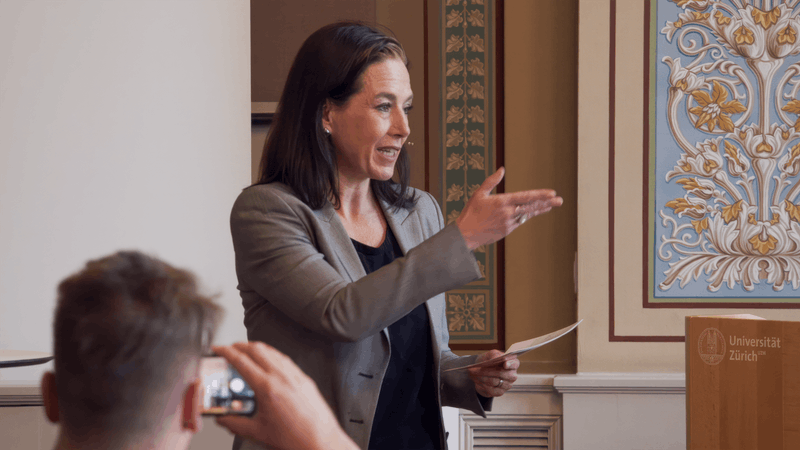
Eva Selamlar
Source:Adrian Bruggmann; Marco Leisi
Chris Skinner: “Build bridges, not walls” attributing this quote to Pope Francis.
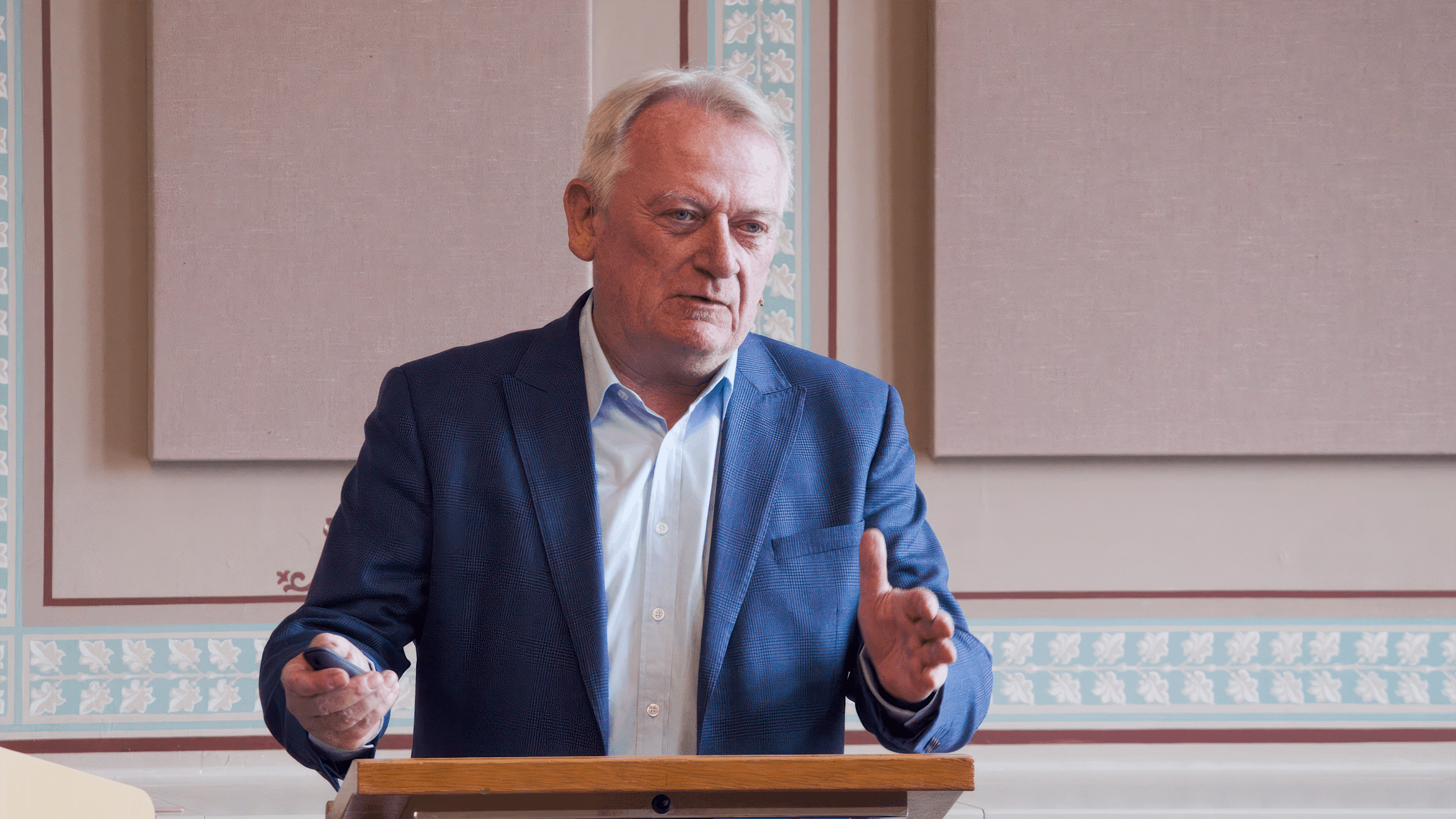
Chris Skinner
Source:Adrian Bruggmann; Marco Leisi
Stephanie Lorenz: “Rome wasn’t built in a day”.
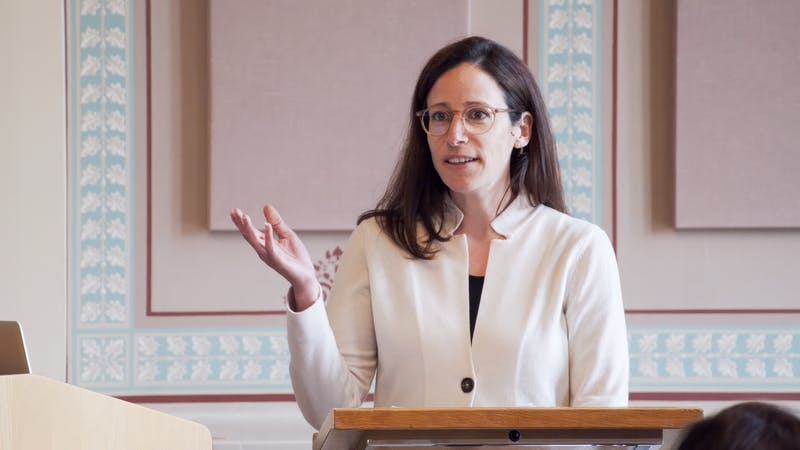
Stephanie Lorenz
Source:Adrian Bruggmann; Marco Leisi
Juan Marchetti: “Don’t be afraid” referring to Pope John Paul II
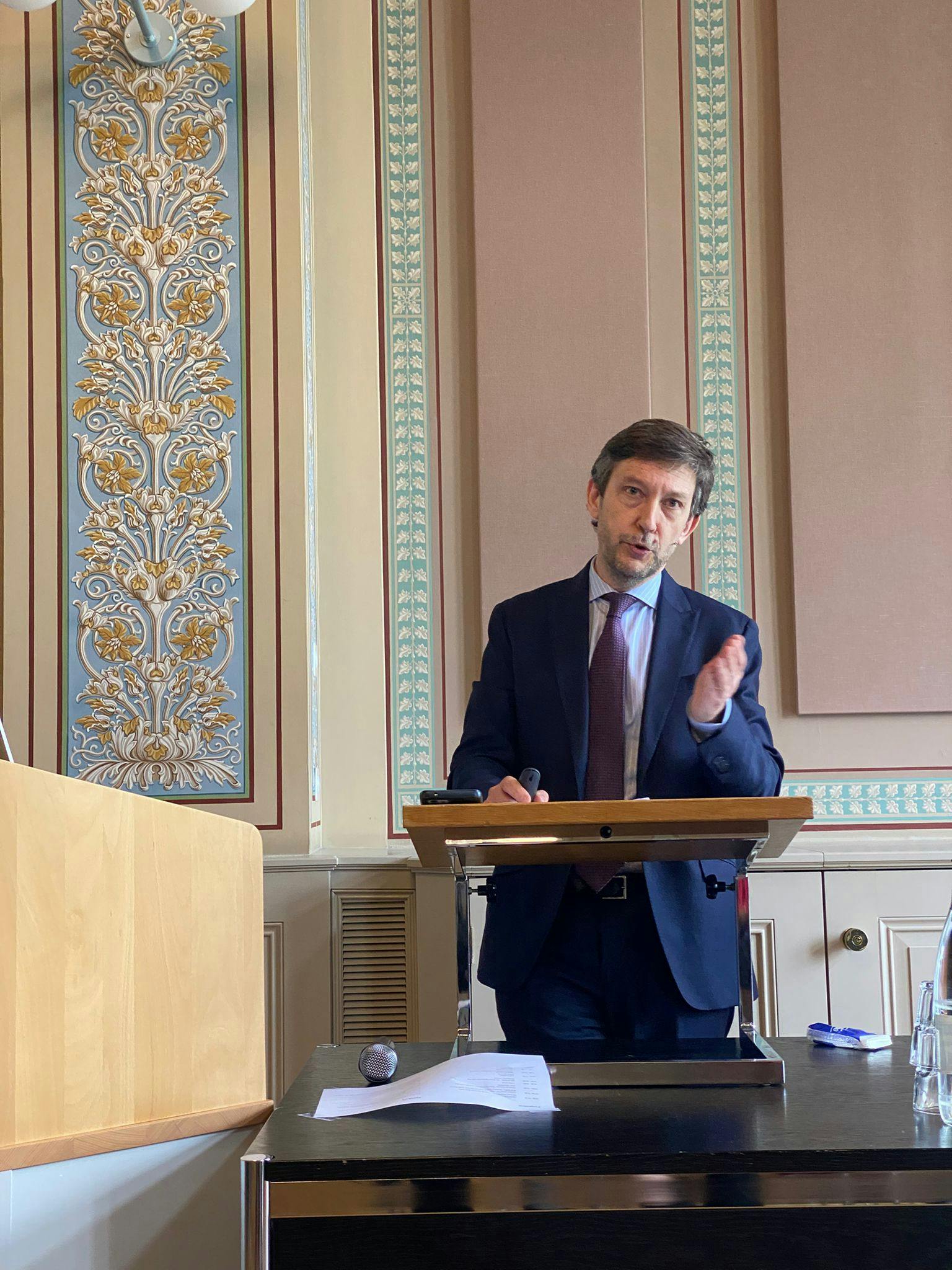
Juan Marchetti
Source:Adrian Bruggmann; Marco Leisi
Matthias Lehmann: “You should not try to build stability on boring, isolated markets”
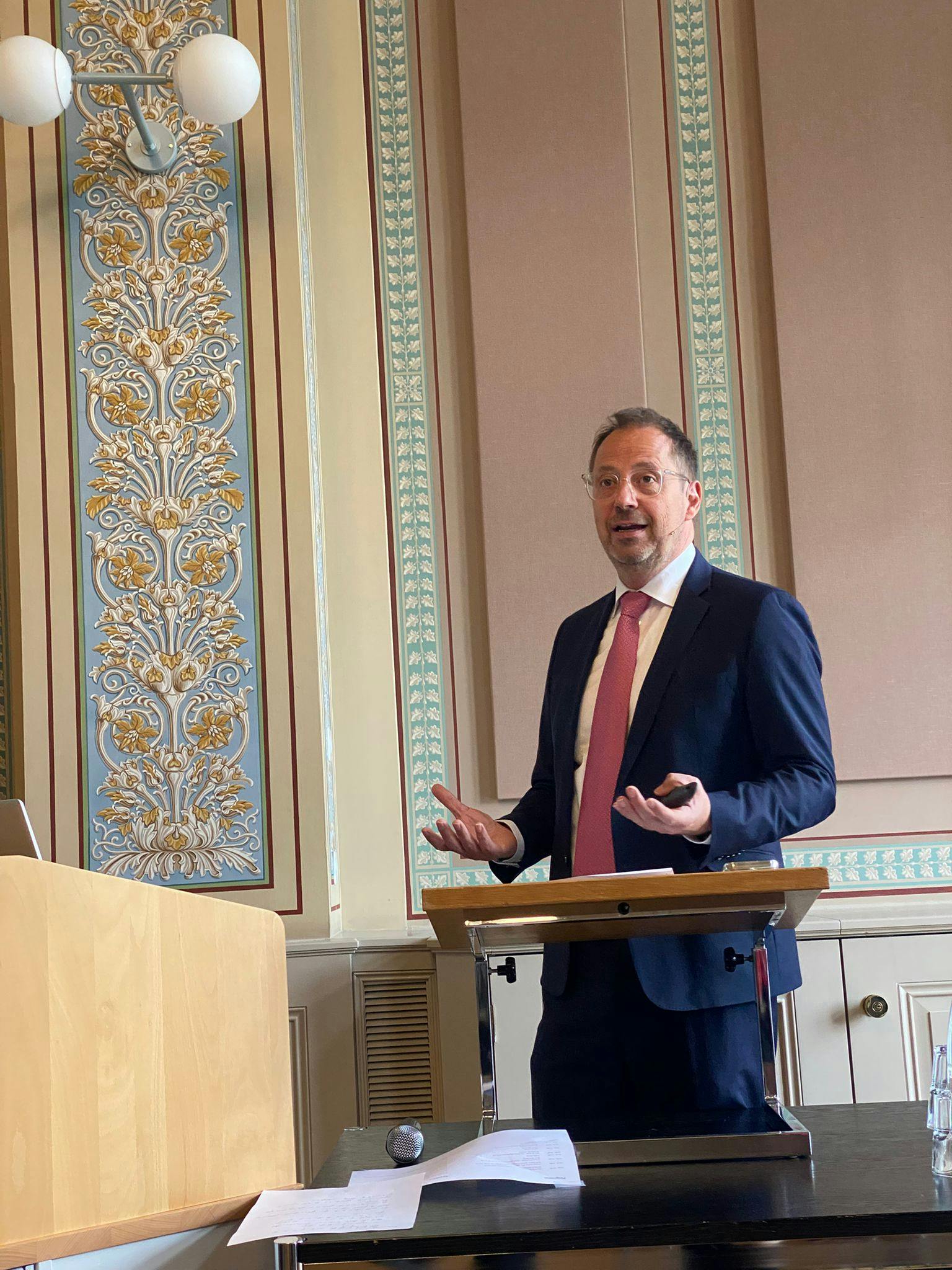
Matthias Lehmann
Source:Adrian Bruggmann; Marco Leisi
Hans Kuhn: “Let’s stay calm and carry on”.
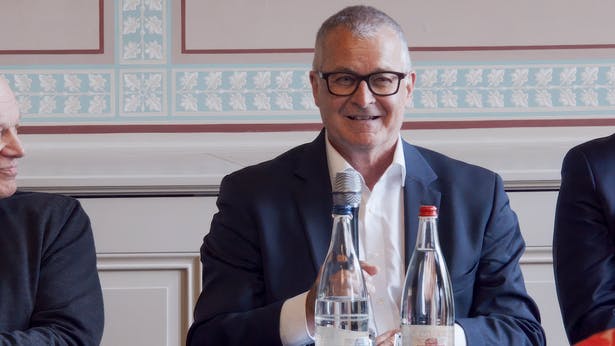
Rolf Sethe, Hans Kuhn
Source:Adrian Bruggmann; Marco Leisi
Rolf Sethe: “Tariffs and barriers stop competing, stop making the innovative management and technological changes we need to succeed in the world market” referring to Ronald Reagan.

Rolf Sethe
Source:Adrian Bruggmann; Marco Leisi
Learn More and Stay connected
For a comprehensive understanding of the discussions, key findings, and proposed actions, we invite you to explore the detailed Conference Report in our library from this landmark gathering.
You can as well explore the Technical Report from Dr. Hans Kuhn und Adrian Bruggman here.
FIND remains committed to providing a platform for dialogue and innovation in the Swiss financial sector. . Subscribe to our newsletter or follow us on LinkedIn to stay informed about future events and initiatives.

